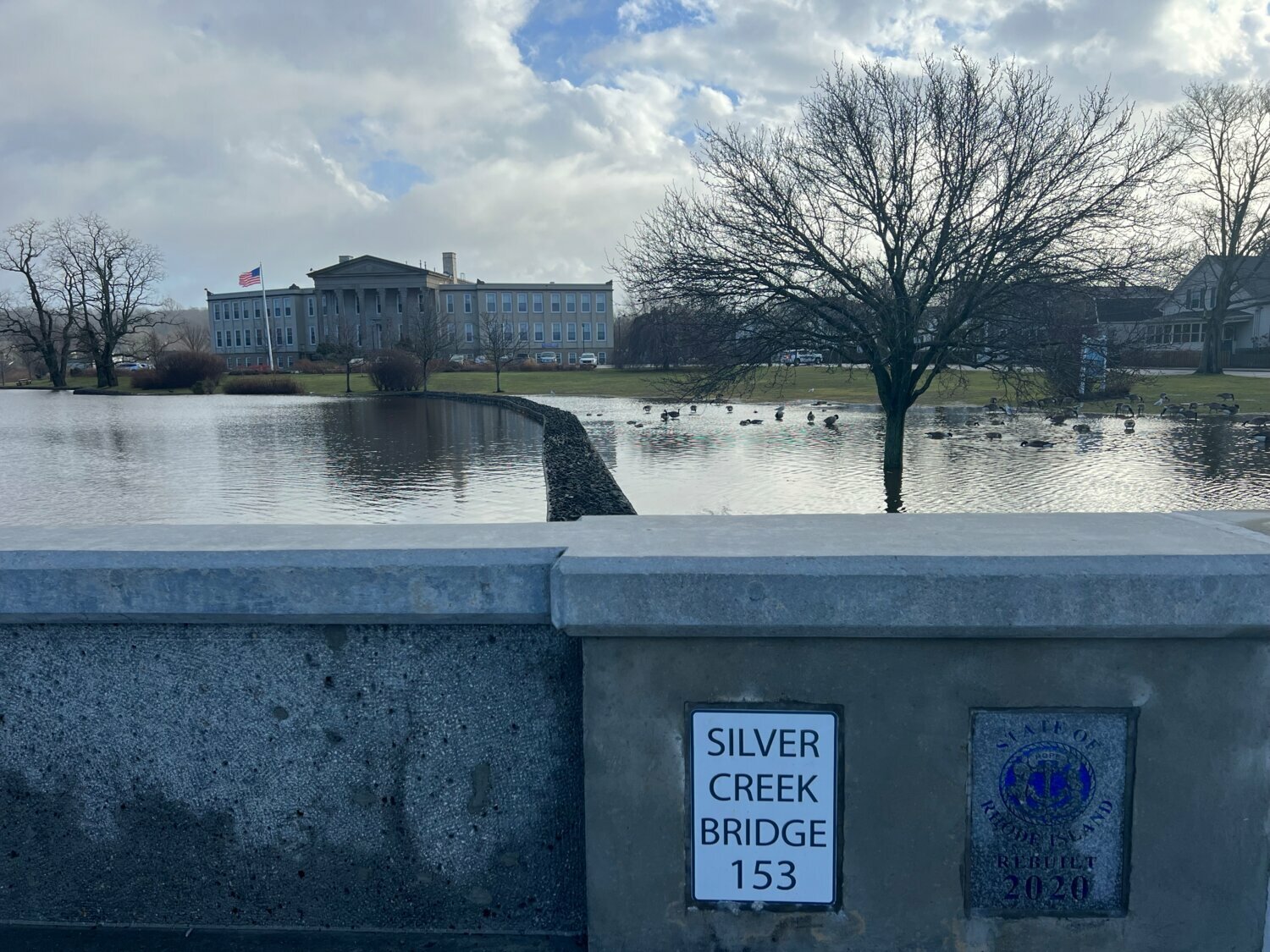Bristol gets grant to plant trees in effort to boost climate resilience
The Rhode Island Infrastructure Bank has awarded 20 individual “Action Grants” totaling $12 million, earmarked for Municipal Resilience Projects (MRPs), and Bristol will be receiving $113,225 of that.
This item is available in full to subscribers.
Please log in to continue |
Register to post eventsIf you'd like to post an event to our calendar, you can create a free account by clicking here. Note that free accounts do not have access to our subscriber-only content. |
Day pass subscribers
Are you a day pass subscriber who needs to log in? Click here to continue.
Bristol gets grant to plant trees in effort to boost climate resilience
The Rhode Island Infrastructure Bank has awarded 20 individual “Action Grants” totaling $12 million, earmarked for Municipal Resilience Projects (MRPs), and Bristol will be receiving $113,225 of that.
The funds are part of the 2022 voter-approved Green Bond, which will allow cities and towns to implement resilience projects to address the impacts of climate change.
The MRPs are meant to help communities restore and improve vulnerable coastal habitats, river and stream floodplains, and infrastructure.
“In just the last few weeks, communities across Rhode Island have experienced the effects of extreme storms, severe flooding, and coastal erosion, all of which are anticipated to increase due to the impacts of climate change,” said William Fazioli, Executive Director of Rhode Island Infrastructure Bank. “Rhode Island needs to invest in resilient infrastructure solutions now, and that is exactly what this…will allow 19 communities across our state to do.”
With support from The Nature Conservancy, 35 of Rhode Island’s 39 municipalities participated in the MRP workshop process to develop prioritized lists of actionable resilience plans and projects. Municipalities were then eligible to submit applications for MRP Action Grants with a 25% local match requirement.
For this round of MRP Action Grants, the Infrastructure Bank received 41 proposals from 30 communities, totaling $52 million in grant requests. Awards were granted following a competitive review process by a selection committee including representatives from the Infrastructure Bank, the Rhode Island Department of Environmental Management (DEM), Statewide Planning, and the Coastal Resources Management Council (CRMC).
Bristol’s grant-winning proposal, an Urban Forest Municipal Resilience Project, entails the purchase and planting of 238 trees on public properties and along street rights of way in three of Bristol’s priority watersheds: Silver Creek, Tanyard Brook, and Mt. Hope Bay.
The Town identified tree plantings for stormwater mitigation as a priority action item in the Town of Bristol Municipal Resilience Program Community Resilience Workshop Summary of Findings of 2020. Trees provide benefits which address environmental impacts including climate change, stormwater management, air pollutant removal, and mitigating heat islands. To help the Town with planning for Bristol’s Urban Forest, the Town has recently partnered with the RI Department of Environmental Management who provided funding for the Green Infrastructure Center (GIC) to assist with the creation of a Tree Management Plan.
According to Ed Tanner, Bristol’s Principal Town Planner, this grant is different from the larger community forest planning project that the Community Development office has been working on. “But the nice thing is that we used a lot of the data collected by that project, along with some of the maps showing what we want to do, to help with this grant application,” he said.
“We have areas of town that have problems with excessive runoff, flooding, and water quality issues where the fix is not necessarily going to be easy or cost effective. The Rhode Island Infrastructure Bank identifies trees, due in part to their ability to soak up water and slow runoff, as one part of the big picture solution for these issues. This grant will go a long way to help us get trees planted in areas of town where they can have some real benefit.”







